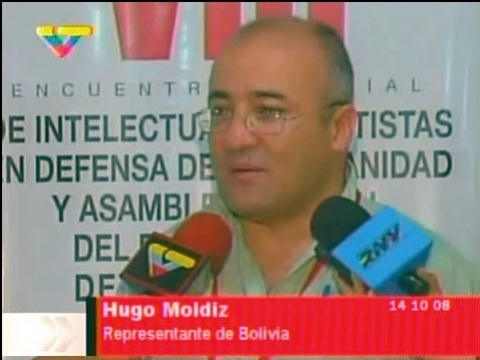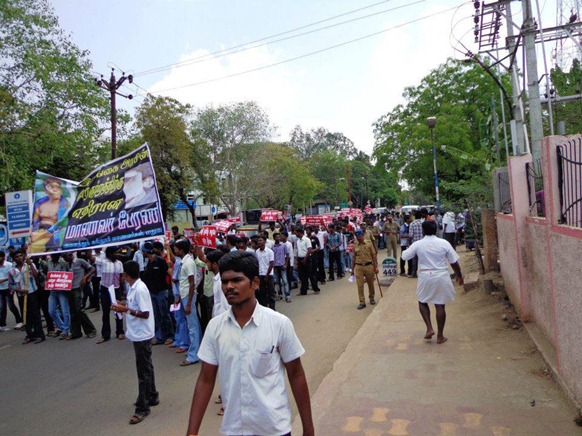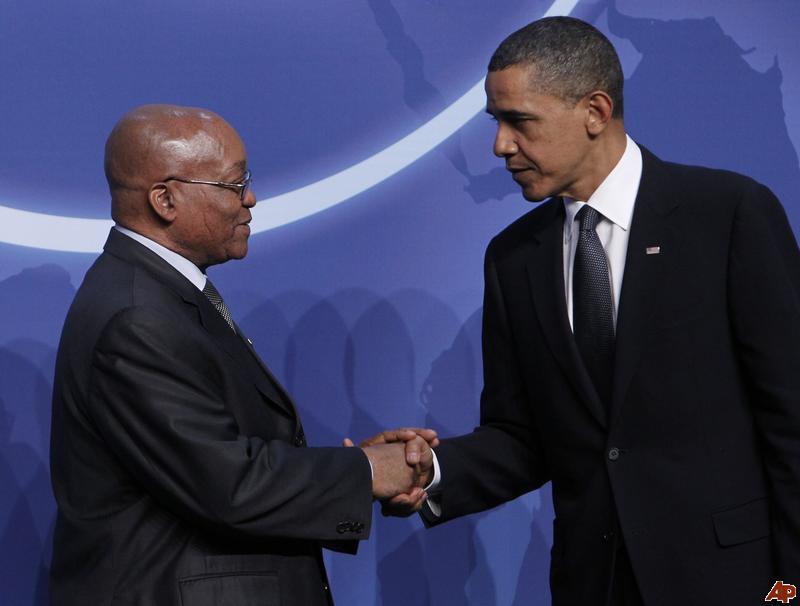US imperialism
‘There are no recipes for socialism’: interview with Hugo Moldiz, Bolivian Marxist

Hugo Moldiz interviewed by Coral Wynter and Jim McIlroy

PSUV election rally. Photo by Tamara Pearson/Venezuelanalysis.
The Venezuelan people have spoken: Nicolas Maduro is president
End the opposition violence! Respect the democratic process!
No US-backed intervention in Venezuela!
The Venezuelan people have spoken: Nicolas Maduro is president
End the opposition violence! Respect the democratic process!
No US-backed intervention in Venezuela!
April 17, 2013 -- The Australia-Venezuela Solidarity Network joins with all those voices for democracy and peace to call for an immediate end to the opposition-initiated violence now occurring in Venezuela.
On April 14, a majority of Venezuelans voted for the United Socialist Party of Venezuela’s (PSUV) presidential candidate Nicolas Maduro. In doing so, they voted to continue the Bolivarian revolution previously led by Hugo Chávez.
Venezuela has one of the most transparent and secure voting systems in the world and the presidential elections were, according to all independent observers, free, fair and constitutional. The election result must be respected.

US sailors aboard the aircraft carrier George Washington pre
Fidel Castro: The duty to avoid a war in Korea

"Now that [the Democratic People’s Republic of Korea] has
Human Rights Council resolution on Sri Lanka crimes provokes huge protests

Student demonstration in Mathurai, Tamil Nadu, March 14, 201
BRICS: ‘Anti-imperialist’ or ‘sub-imperialist’?

South African President Jacob Zuma and friend.
Luis Bilbao: Hugo Chavez, internationalism and revolution

By Luis Bilbao
Hugo Chavez, undefeated! Why the rich and powerful hated Chavez
'So let the corporate media lie about Chavez in their cynical way.

